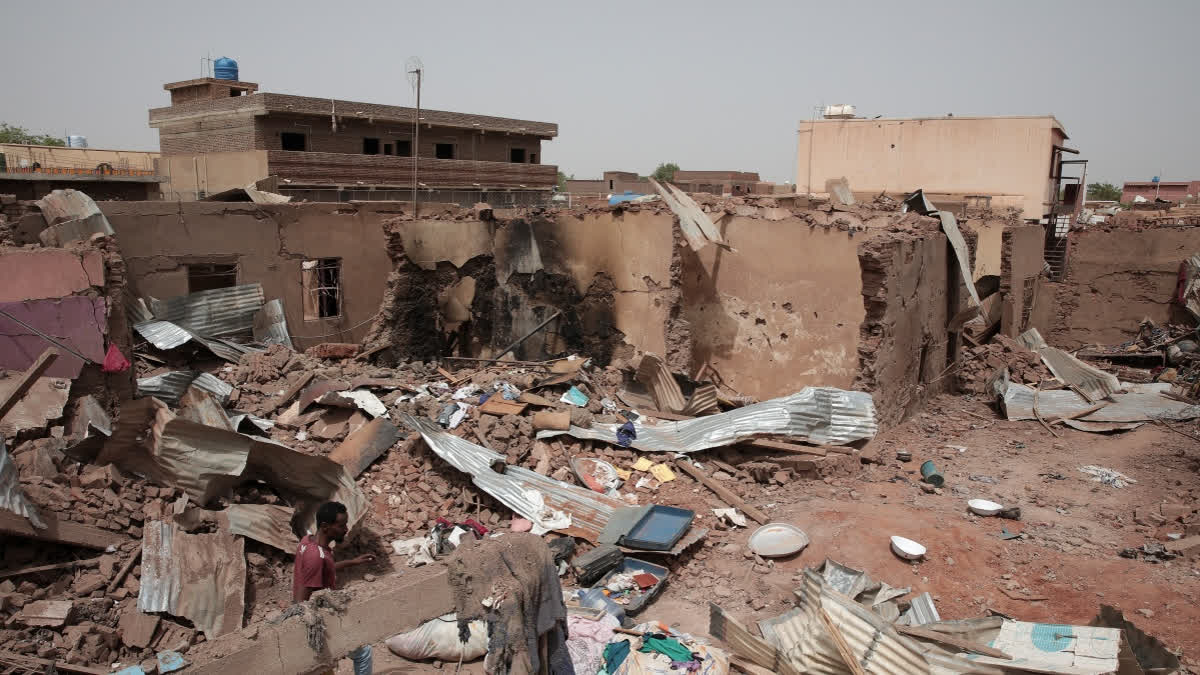United Nations: The year-old war in Sudan between rival generals vying for power has sparked "a crisis of epic proportions" fueled by weapons from foreign supporters who continue to flout U.N. sanctions aimed at helping end the conflict, the U.N. political chief said Friday.
"This is illegal, it is immoral, and it must stop," Undersecretary-General Rosemary DiCarlo told the U.N. Security Council.
Sudan plunged into chaos in mid-April 2023, when long-simmering tensions between its military, led by Gen. Abdel Fattah Burhan, and the Rapid Support Forces paramilitary commanded by Mohammed Hamdan Dagalo broke out into street battles in the capital, Khartoum. Fighting has spread to other parts of the country, especially urban areas and the western Darfur region,
DiCarlo painted a dire picture of the war's impact — over 14,000 dead, tens of thousands wounded, looming famine with 25 million people in need of life-saving assistance, and over 8.6 million forced to flee their homes.
Mohamed Ibn Chambas, chair of the African Union panel on Sudan and high representative for its Silence the Guns in Africa initiative, called external interference "a major factor compounding both the efforts to negotiate a cease-fire and to stop the war."
"As a matter of fact, external support in terms of supply of war materiel and other needs has been the main reason why this war has lasted so long," Chambas said. "It is the elephant in the room."
Neither DiCarlo nor Chambas named any of the foreign supporters.
But Burhan, who led a military takeover of Sudan in 2021, is a close ally of neighboring Egypt and its president, former army chief Abdel-Fattah el-Sissi. In February, Sudan's foreign minister held talks in Tehran with his Iranian counterpart amid unconfirmed reports of drone purchases for government forces.
The Rapid Support Forces' leader, Dagalo, has reportedly received support from Russia's Wagner mercenary group. U.N. experts said in a recent report that the RSF has also received support from Arab allied communities and new military supply lines running through Chad, Libya and South Sudan.
The Arab-dominated RSF has carried out brutal attacks in Darfur on ethnic African civilians, especially the ethnic Masalit, and has taken control of most of the vast region.
